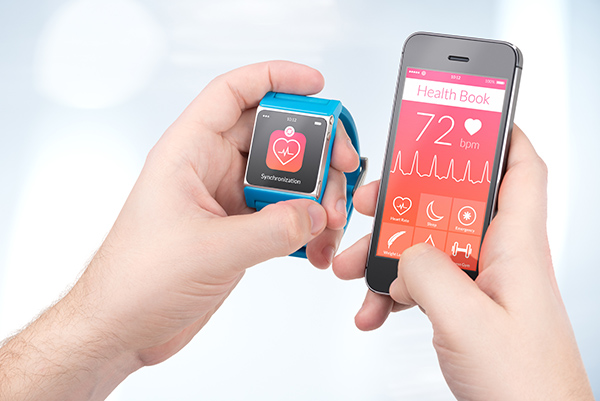
E-health
There is an increased interest in the rapid development of e-Health and the resulting myriad of possibilities for applications to improve healthcare worldwide. The term comes from the "dot com revolution" and is similar to e-commerce, e-business etc. E-Health encompasses a radical rethinking of the ways in which health care can be managed, structured and monitored. Telemedicine and home care systems for instance provide alternative options to traditional health care service. It has also changed the relationships between patients and professionals allowing for borderless communication.
The need for a pan-European eHealth strategy is essential for reducing the duplication of expensive healthcare facilities, for providing proper monitoring and regulation of increased migration of European workers and for improving efficiency when patients cross national borders to seek treatment in another EU member state.
The need for a pan-European eHealth strategy is essential for reducing the duplication of expensive healthcare facilities, for providing proper monitoring and regulation of increased migration of European workers and for improving efficiency when patients cross national borders to seek treatment in another EU member state.
Cost Efficiency: High quality standards increase the overall cost of healthcare. It is important to identify the areas where e-Health will contribute towards cost efficiency.
Pan-european Regulation: Healthcare provisions in the EU remain within the responsibility of each country. One of the barriers for a unified healthcare system is the fragmented regulatory environment and the lack of common codes of practice. It is an open question, if e-Health can help to overcoming those problems.
Freedom Of Healthcare: The EU lacks formal legal competence to regulate healthcare and movement of healthcare professionals. A unified e-Health system may be catalytic for the freedom of healthcare.
eHealth, Telemedicine, Remote healthcare, Healthcare management, Healthcare regulation rules, Cost efficiency





